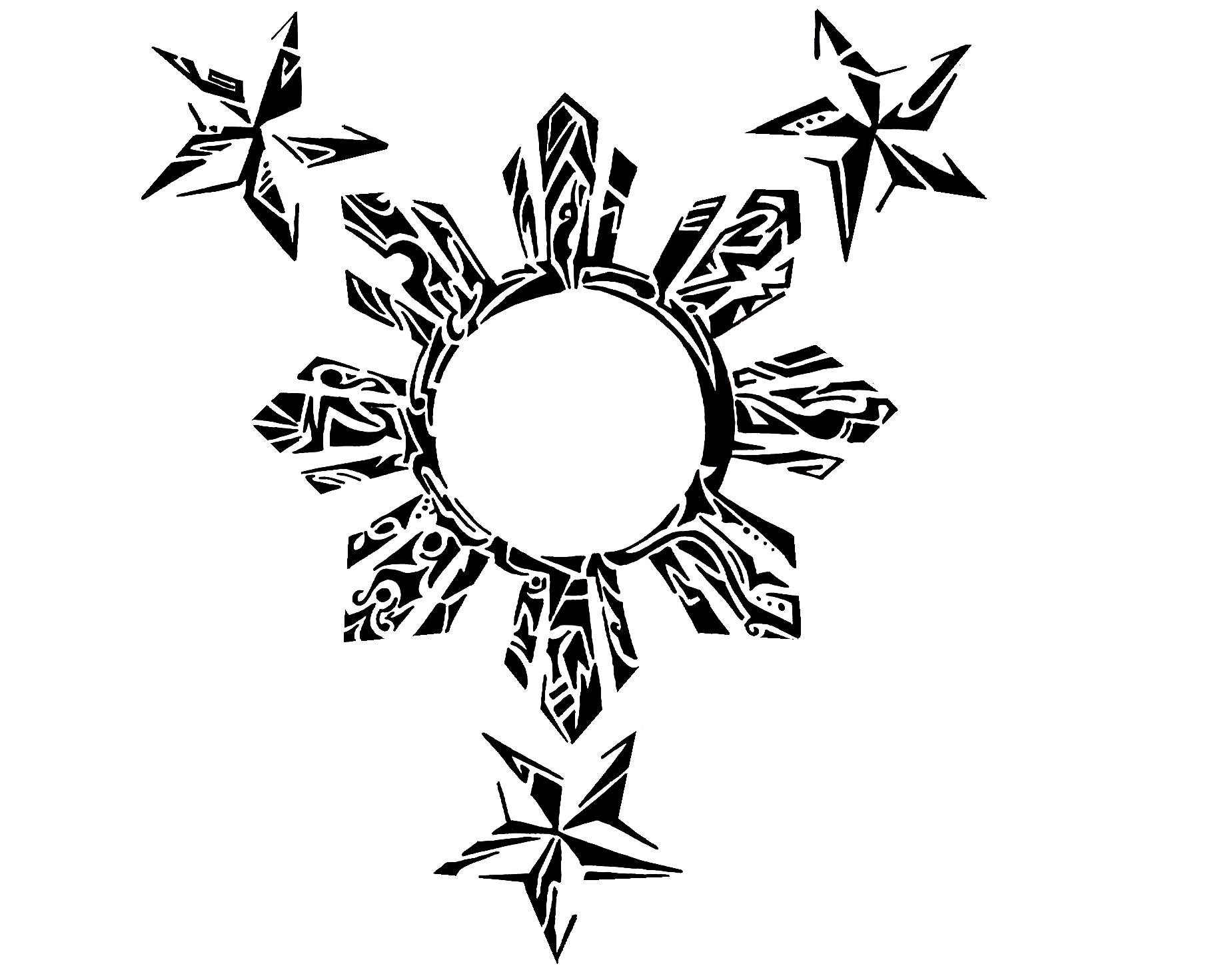Tribal tattoo pictures are extremely popular in the tattoo industry, so popular in fact, that they account for a huge percentage of the total design demands today. It is their uniqueness and appeal that attracts people towards them. These are designs derived from the original tribal tattoos, but of course they held a deeper meaning and significance. It is for this reason that tribal pictures don't account for a lot of history or origin and hence have little meaning associated to them. They are purely for aesthetic purposes.
Primitive societies were close to the earth, and it is understood that first tribal patterns honored the sun and fire in worship of their gods. It is quite likely that those wearing such tattoos believed they were eminent so were accepted as being closer to their gods. Traditional ceremonies giving rise to tribal tattoo pictures are founded on three key issues: pain, blood and permanence. Through time tattooing became more developed allowing patterns to become more intricate changing into an accepted form of art. In its present form, past native and aboriginal designs are mixed with current artistic translations and modern graphic styles.
The first tribal tattoo pictures supported a unity for tribe members, a status within society and even kith and kin. It was widespread community practice as a confirmation ceremony or induction into the tribe. The belief has even extended into people rejoining in eternity. As Earth has become a global village, many 'tribal' unique qualities have disappeared. Non-the-less, there are new emerging 'tribal groups' today which exhibit a common theme in the design of their body art, whether neighborhood gangs, bikers, or comparable groups.
It is true that the methods of tattooing have changed and people don't use bones and needles to create patterns on the body anymore, owing to the new techniques and advancements. But still there is something about the tribal tattoo pictures to everyone among us, perhaps it is because of their rich history and intricacy, we feel like we too are associated to those people.










